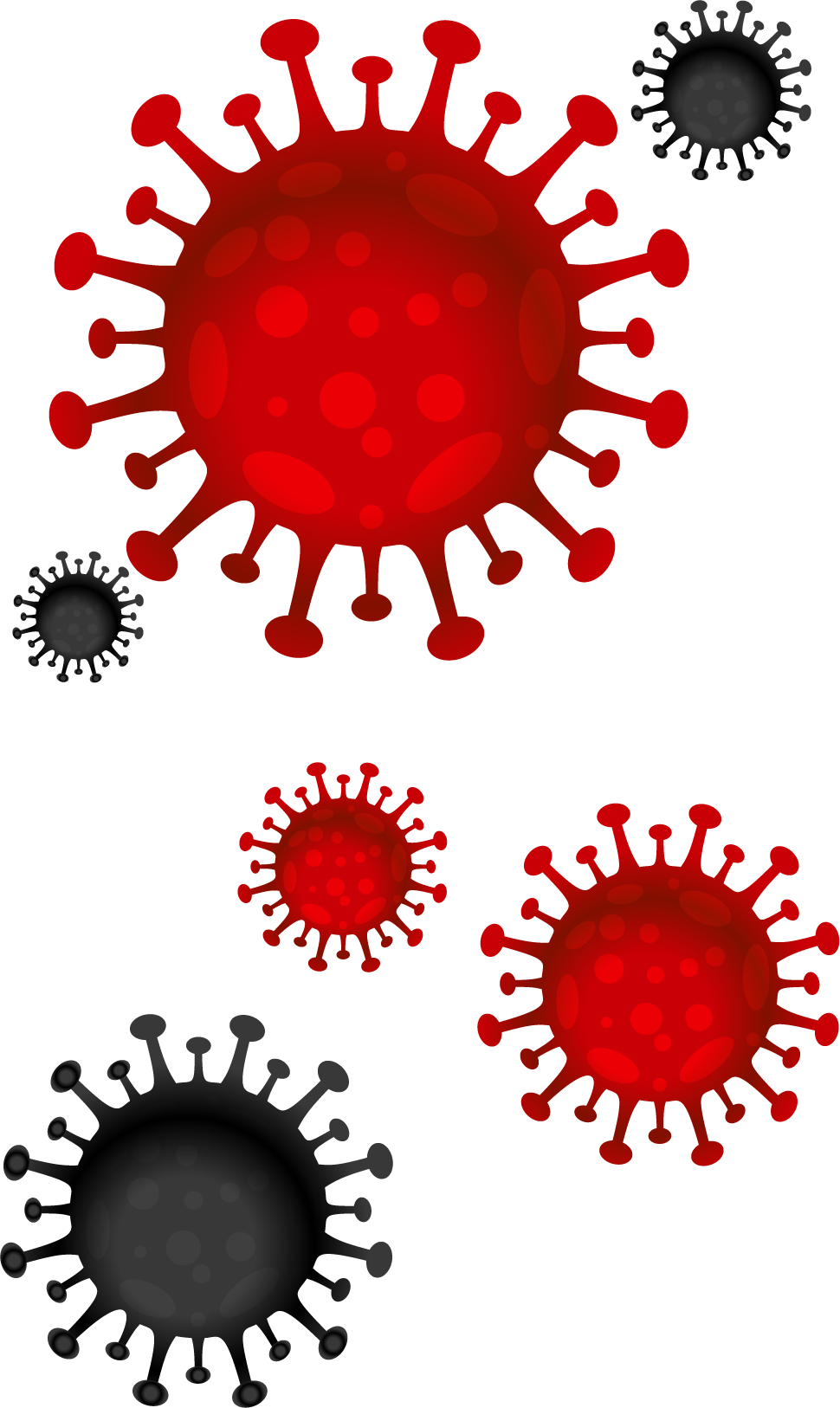
To Our Community:
We are sending this message out to you as we face the challenges of the Novel Coronavirus, also known as COVID-19. For purposes of this communication, we will refer to it as COVID-19. As we deliver this message, we would like to take this opportunity to highlight the mission of the Health Care Foundation of the Oranges to “promote healthcare awareness and education as well as our goal to improve the overall health of the individuals in the communities that we serve.” The health and wellness of our community members is always of our primary and utmost concern. Our thoughts are with everyone affected.

As part of New Jersey’s coordinated response to address the Novel Coronavirus-COVID-19 outbreak, last week, Governor Phil Murphy declared a State of Emergency and a Public Health Emergency, effective immediately, to ramp up New Jersey’s efforts to contain the spread of COVID-19, www.nj.gov.
As we advance further into the cycle of COVID-19, Wednesday, March 18, 2020 marks the beginning of all New Jersey schools-public, private and parochial as well as colleges and universities will be closed until further notice. Most importantly, we have received public health messaging originating on the national as well as local levels, e.g. New Jersey Department of Health; CDC (Center for Disease Control and Prevention) and WHO (World Health Organization). Additionally, we have seen an amplified amount of mass messaging on safety, precautionary measures and protocol from diverse disciplines across the retail, restaurant, entertainment and travel entities.
Additional Information
What We Do Know?
What we do know is that ALL major public health expert organizations including the New Jersey Department of Health, CDC and WHO are in consensus on what Coronavirus is and what to do to help mitigate the spread of COVID-19. They all continue to provide advisement on simple measures. In the effort to keep our community members informed, the Health Care Foundation of the Oranges wants to ensure that we provide you with simple and reliable messaging on staying safe. Centrally in that messaging, the CDC advises that older adults and people who have severe underlying chronic medical conditions including heart or lung disease or diabetes seem to be at a higher risk for developing more serious complications from COVID-19 illness. Please consult with your health care provider about additional steps you may be able to take to protect yourself.
Most importantly, we would like to provide you with information and key point messaging from the New Jersey Department of Health, CDC (Center for Disease Prevention and Control) as well as the World Health Organization, respectively, on COVID-19 including:
Knowing How it Spreads
The virus is thought to spread from person-to-person.
- Between people who are in close contact with one another (within about 6 feet).
- Through respiratory droplets produced when an infected person coughs or sneezes.
- These droplets can land in the mouths or noses of people who are nearby or be inhaled into the lungs.
Providing Current Health & Safety Measures:
Clean your hands often
- Wash your hands often with soap and water for at least 20 second especially after you have been in a public place, or after blowing your nose, coughing, or sneezing.
- If soap and water are not readily available, use hand sanitizer that contains at least 60% alcohol. Cover all surgaces of your hands and rub them together until they feel dry.
- Avoid touching your eyes, nose, and mouth with unwashed hands.
Avoid Close Contact
- Avoid close contact with people who are sick
- Put distance between yourself and other people if COVID-19 is spreading in your community. This is especially important for people who are at higher risk of getting very sick.
Decreasing Your Chances of Being Affected by COVID-19:
Clean your hands often
- Wash your hands often with soap and water for at least 20 second especially after you have been in a public place, or after blowing your nose, coughing, or sneezing.
- If soap and water are not readily available, use hand sanitizer that contains at least 60% alcohol. Cover all surgaces of your hands and rub them together until they feel dry.
- Avoid touching your eyes, nose, and mouth with unwashed hands.
Stay home if you're Sick
- Stay home if you are sick, except to get medical care. Learn what to do if you are sick.
Cover Coughs & Sneezes
- Cover your mouth and nose with a tissue when you cough or sneeze or use the inside of your elbow.
- Throw used tissues in the trash.
- Immediately wash your hands with soap and water for at least 20 seconds. If soap and water are not readily available, use hand sanitizer that contains at least 60% alcohol.
Wear a face mask if you are sick
- If your are sick: You should wear a face mask when you are around other people and before you enter a healthcare provider's office. If you are not able to wear a face mask, then you should do your best to cover your coughs and sneezes, and people who are caring for you should wear a face mask if they enter your room.
Clean and Disinfect
- Clean AND Disinfect frequently touched surfaces daily. this includes tables, doorknobs, light switches, countertops, handles, desk, phones, keyboards, toilets, faucets, and sinks.
- If surfaces are dirty, clean the: Use detergent or soap and water prior to disinfection.